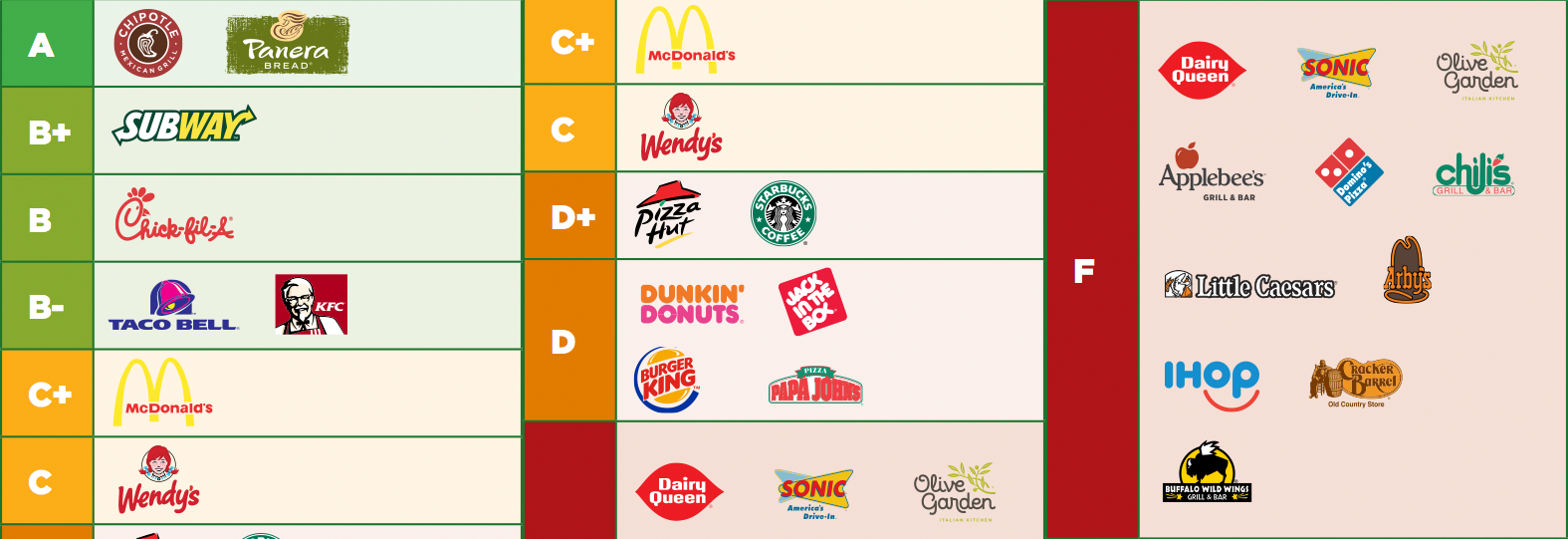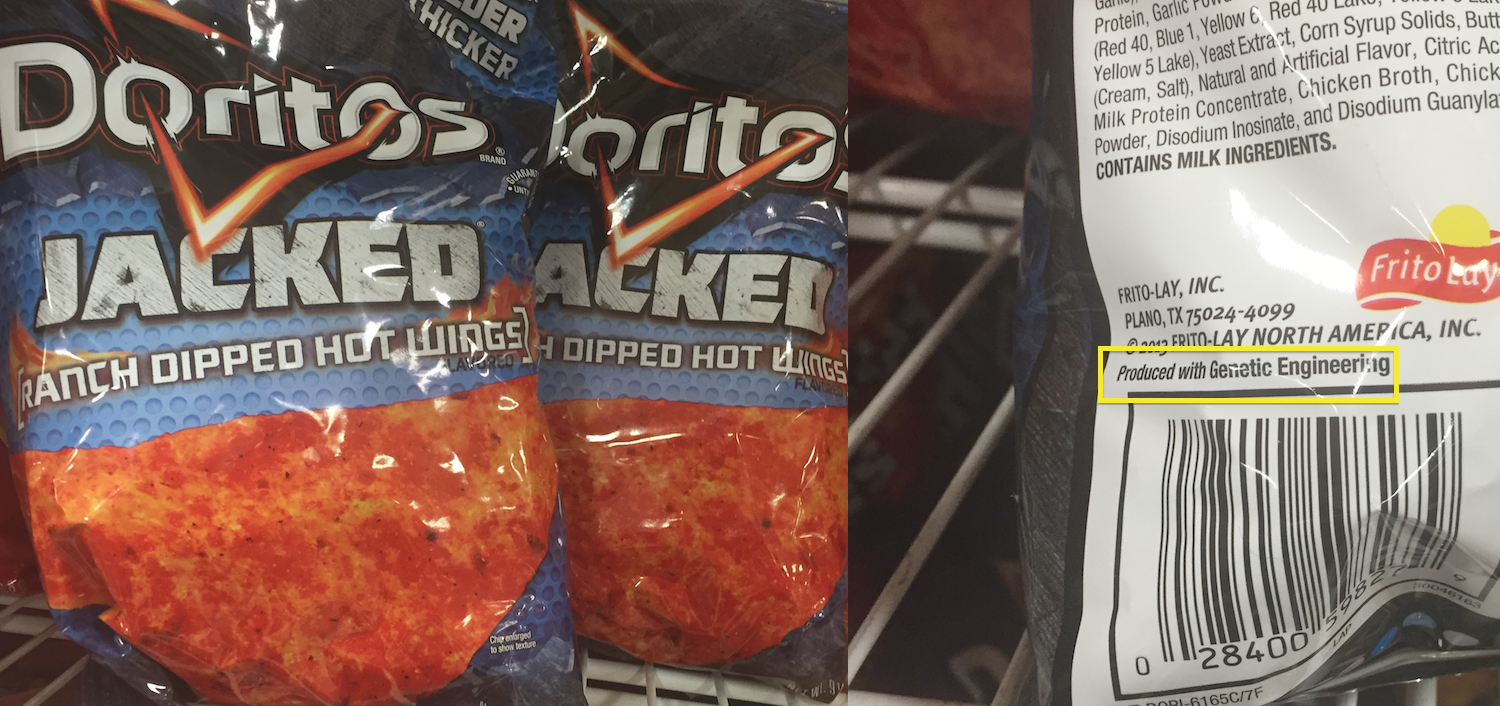Feeling pressure from customers, scientists, doctors, and public health advocates, a growing number of fast food and fast-casual restaurant chains are now taking steps to eliminate at least some medically unnecessary antibiotics from the animals they source for their meat. At the same time, nearly all of these positive changes have only focused thus far on curbing antibiotic overuse in chickens, and nearly half of the industry’s biggest players still have no plan in place to deal with this issue at all. [More]
what’s in your food

Pre-Cut, Bagged Salad May Actually Contribute To Growth Of Salmonella
Salads are among the most common sources of foodborne illness, and we’ve repeatedly seen how pre-cut, bagged salad products can harbor ugly pathogens like listeria or salmonella. A new scientific study finds that pre-cutting these leafy vegetables may actually be contributing to the growth of salmonella. [More]
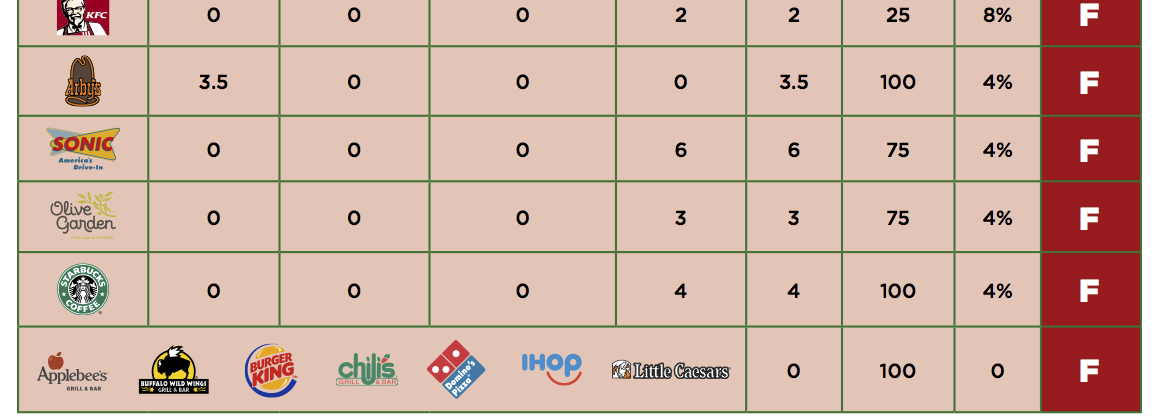
Burger King, KFC & 14 Other Restaurant Chains Still Earning “F” Grades For Antibiotics Policies
Last year, a coalition of public health advocates released a report card grading the nation’s 25 biggest restaurant chains on their antibiotics policies. An astounding 20 of these chains earned “F” grades, usually for completely failing to address this issue. The newest report card shows that a number of restaurants have inched their way out of the basement, but the large majority of these companies appear to be completely ignoring antibiotics concerns. [More]
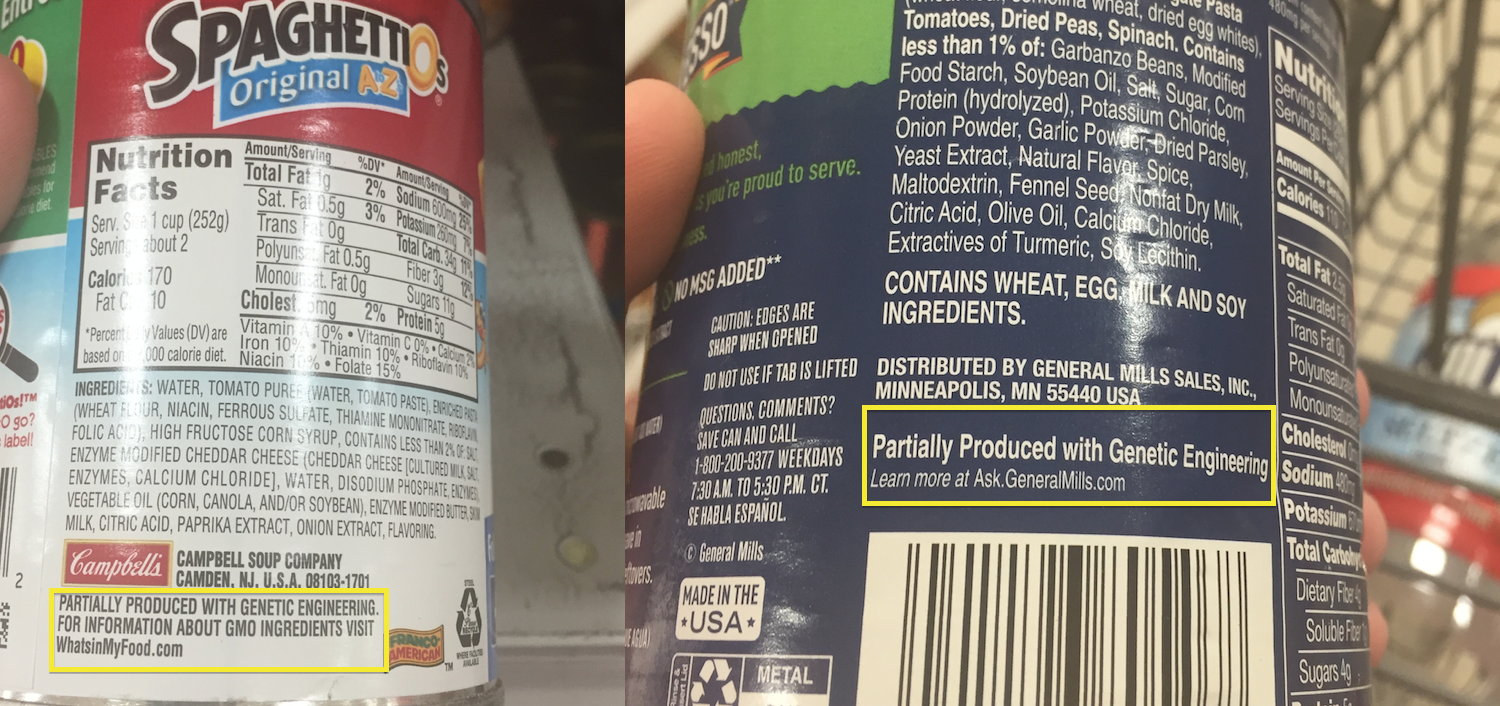
Congress Passes Bill Outlawing Vermont’s GMO Labels, Replacing Them With Barcodes
After skipping over the entire debate and amendment process the Senate, and then going virtually un-discussed in the House of Representatives, a last ditch effort to overturn Vermont’s new food labeling requirement is destined for the President’s desk. [More]
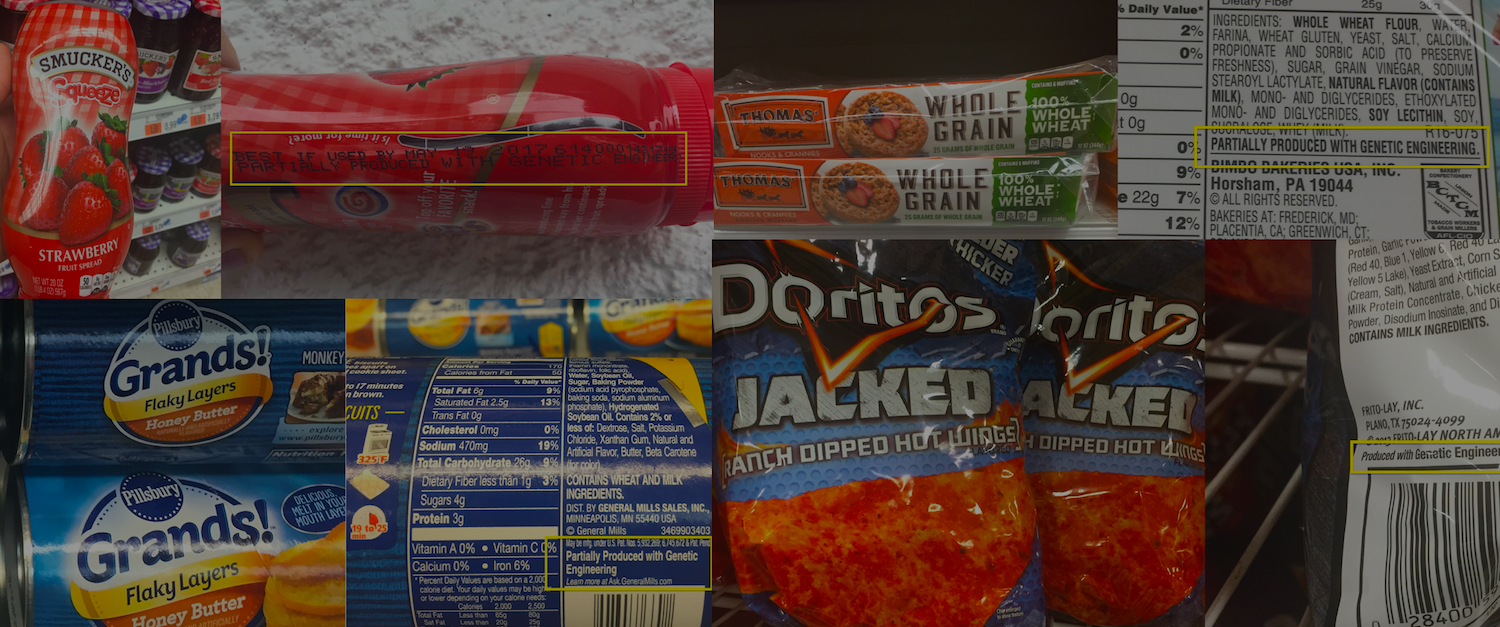
Senate Approves Bill To Outlaw Vermont GMO Labels, Replace Them With Barcodes
Even though some of the nation’s largest food producers — including General Mills, PepsiCo, Campbell Soup, Mars Inc., Bimbo, and Nestle — have already updated their packaging to comply with Vermont’s new labeling requirement for foods containing genetically modified (GMO) ingredients, these tiny lines of text may be short lived. Last night, the U.S. Senate voted to approve legislation that will not only outlaw Vermont’s labeling requirement, but eventually (maybe) replace these text labels with something as obscure as a barcode. [More]
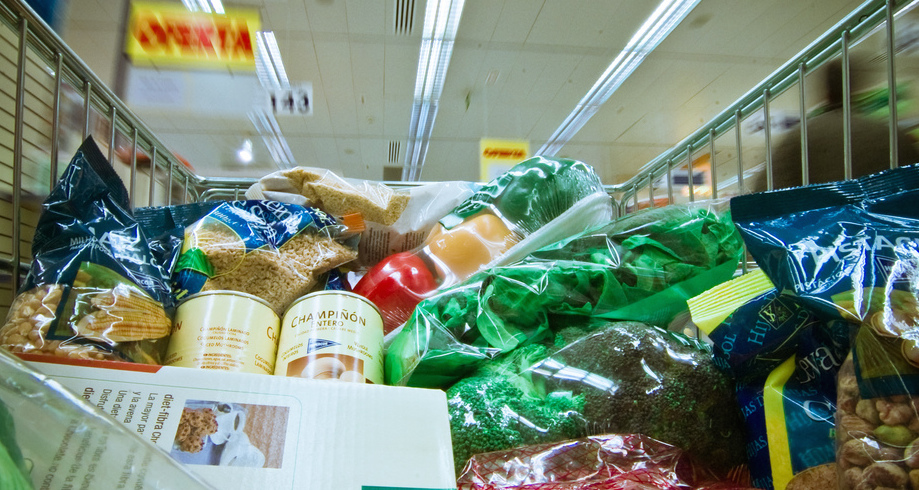
FDA To Reconsider Definition Of “Healthy” On Food Labels
When you see a some food marketed as “healthy” or “natural,” do you know exactly what, if anything, those terms mean? The Food and Drug Administration has decided to rethink its requirements for what it takes to market a product as “healthy,” while advocates and lawmakers are pushing the agency to define “natural” in a way that more people would understand. [More]

FDA Proposes Limit For Inorganic Arsenic In Infant Rice Cereal
While there are currently no federal limits on arsenic levels in most food, the Food and Drug Administration announced today that it’s taking steps aimed at reducing inorganic arsenic in at least one product, infant rice cereal. [More]

Mars Will Also Label Its Products With GMO-Related Info
Following the recent failure of a Senate bill that would have made it voluntary for companies to label genetically modified ingredients, another packaged food biggie is agreeing to hop on the GMO-labeling bandwagon. This time, it’s snack superpower Mars Inc. [More]
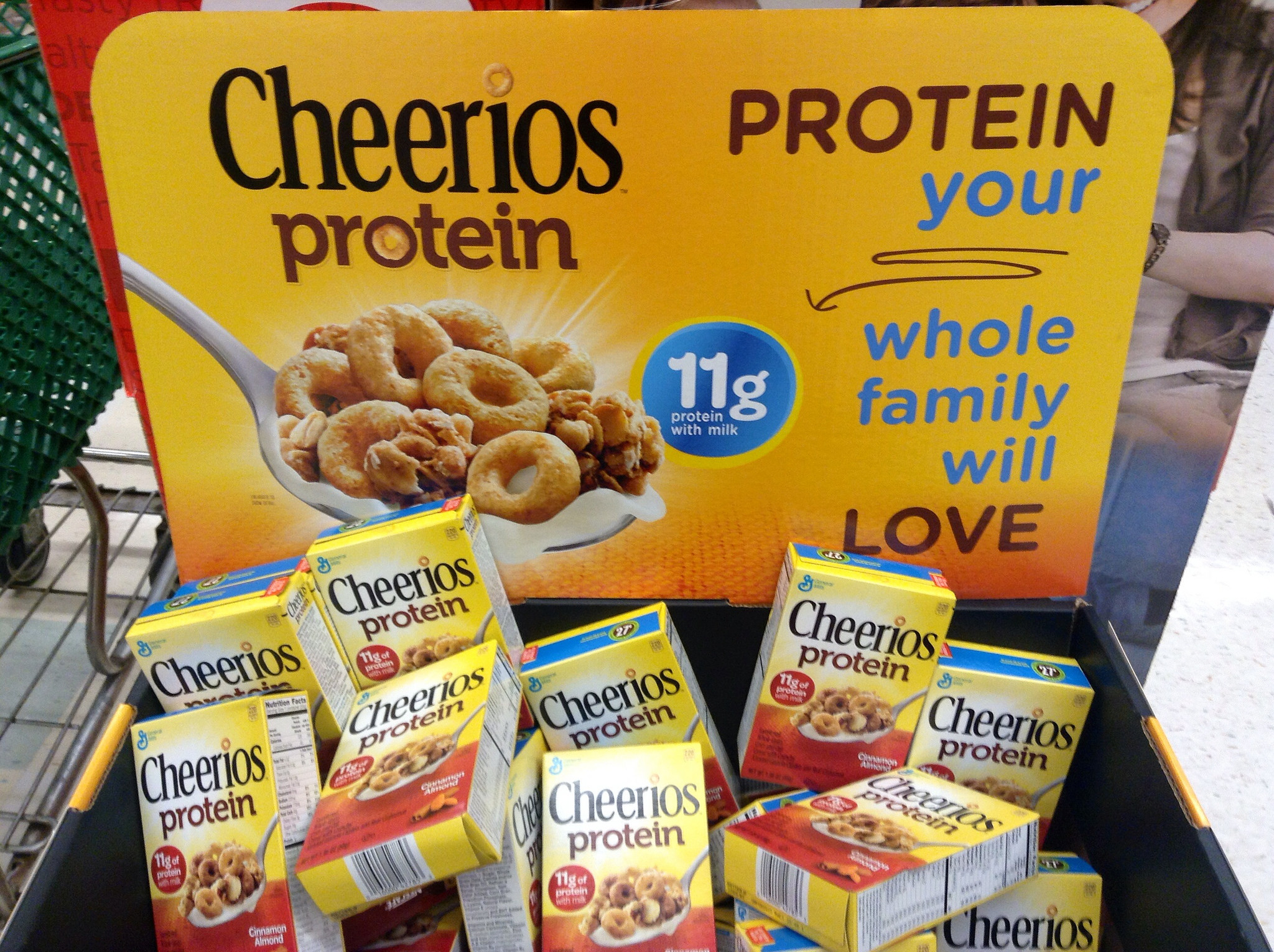
General Mills Will Label GMO Products; Calls For National Labeling Standard
Earlier this week, the Senate narrowly shot down a piece of legislation that would have created a voluntary national standard for labeling food products containing genetically modified ingredients while also overturning any state laws mandating GMO labels. With that bill dead, it means Vermont’s label mandate is on track to kick in this summer, so General Mills has decided to comply, while still calling for national consensus. [More]

Senate Votes Down Bill That Would Have Overturned States’ GMO Labeling Laws
Regardless of whether you’re against, for, or ambivalent about genetically modified foods, surveys show that an overwhelming majority of Americans at least want to know whether the items they buy contain genetically engineered ingredients, and some states have enacted laws intended to require labeling of GMO and GE products. Today, the U.S. Senate voted to strike down a new piece of legislation that would have overturned these local laws in favor of a voluntary labeling program. [More]

Poll: 9-In-10 Americans Support GMO Labeling
Last month, the Food and Drug Administration approved the first-ever genetically engineered animal for sale as food in the U.S., but declared that this salmon would not need to carry any label identifying it as a genetically modified food product, much like the many items currently on grocery store shelves made with GMO grains and other ingredients. But the results of a new national poll seem to indicate that most consumers would appreciate having a heads-up about the GMO content of the food they buy. [More]

Which Other Restaurants Have Dough Conditioner Azodicarbonamide On The Menu?
Last week Subway announced that it would stop using azodicarbonamide, an ingredient known as a dough conditioner that’s also a chemical found in yoga mats, shoe rubber and other synthetic leather. It’s recognized as a safe ingredient in the U.S., but is banned in Europe and Australia as a food additive. But of course, Subway isn’t the only fast food restaurant to use it. So where else can you find azodicarbonamide? [More]

Panel Suggests Energy Star-Like Labeling System For Sugar, Fats & Sodium In Food
When you inspect the nutrition info on a package of food, it provides all sorts of information — grams of sugar and fat, milligrams of sodium — but consumers may not know exactly whether those numbers are high or low. That’s why a U.S. Institute of Medicine — at the behest of Congress and the Centers for Disease Control — has suggested a rating system for food that is not unlike the Energy Star system used for appliances. [More]


